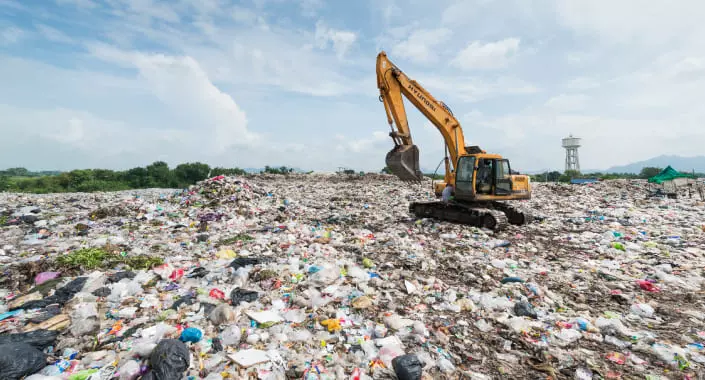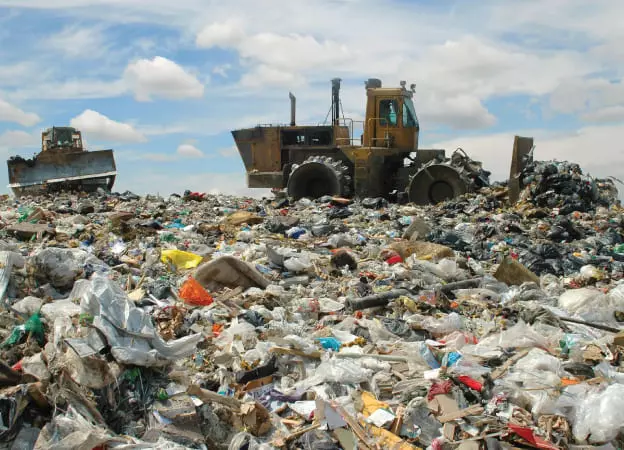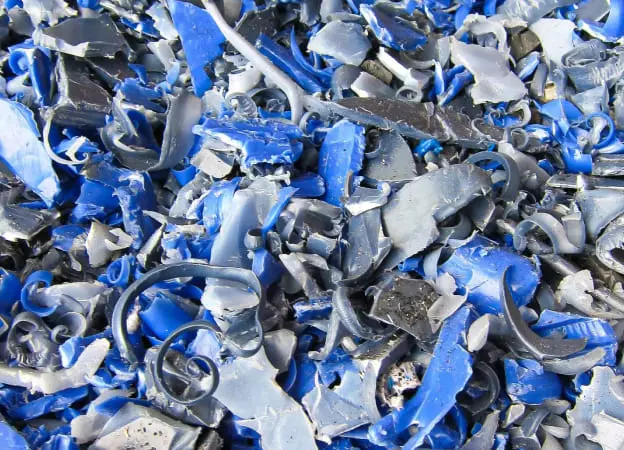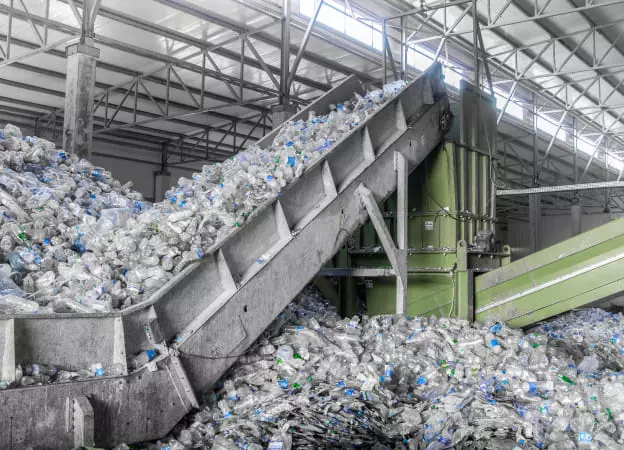Buy or Sell Municipal Solid Waste?

How municipal solid waste is managed?
3. Processing: MSW is processed to reduce its volume and weight, recover materials, and/or convert waste to energy. Common processing methods include recycling, composting, and waste-to-energy conversion. The goal of processing is to reduce the amount of waste that ends up in landfills and to recover resources
2. Transportation: Once collected, MSW is transported to a facility for processing or disposal. Transportation methods can vary depending on the distance, volume, and other factors. Trucks, trains, and barges are common modes of transportation for MSW.
4. Disposal: Any remaining waste that cannot be processed is disposed of in a landfill or incinerator. Landfills are designed to isolate waste from the environment, while incinerators burn waste to generate energy. The goal of disposal is to minimize the environmental impact of waste and protect public health.
Potentiality
However, MSW in India also presents an opportunity for resource recovery and sustainable development. Currently, a large portion of MSW in India is not managed effectively, leading to environmental and public health problems. However, if managed properly, MSW can be a source of valuable resources and energy.

Other Products
You might also like…
How to Turn Waste into Wealth Through Kitchen Waste Management in India
In a country as vast and diverse as India, managing kitchen waste is a critical challenge, but it’s also a significant opportunity. Kitchen waste...
What do we do to tackle India’s surging waste problem?
India’s waste management challenge is growing by the day. With over 277 million tons of waste produced annually, the country is grappling with...
International Day of Zero Waste: A Global Commitment to a Sustainable Future
Every year, humanity generates an immense amount of waste, ranging between 2.1 billion and 2.3 billion tonnes of municipal solid waste. Shockingly,...









